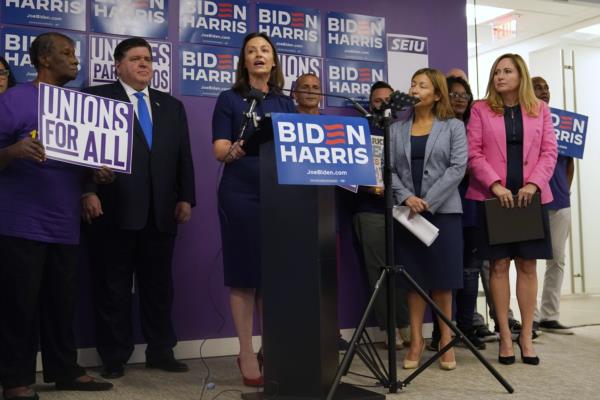
A heated debate has recently taken place in the Chicago City Council meeting over the way Mayor Brandon Johnson is managing the city's migrant crisis. The mayor is being accused of prioritizing tens of thousands of migrants from the southern border over the city's black community and homeless veterans. It's one of the many issues causing tension and prompting the city's residents to question their leadership.
Raymond Lopez, a Democratic Chicago alderman and one-time candidate for the city's mayoral position, has been a vocal critic about the city's condition, asserting that the mayor is favoring the migrants from the southern border over the city's long-standing communities.
The mounting controversy is highlighted by the reported $361 million already committed to care for the estimated 25,000 individuals sent to the city, allegedly not only by Republican border state governors but also by Democratic states. This allocation of funds and priority has triggered questions from not just the black community, but also the city's undocumented immigrants. They are concerned about why they are all being treated as second class citizens in favor of the new arrivals, especially when their needs are being unmet, unanswered, and ignored by the current administration.
Adding to the chorus of voices voicing their dissatisfaction are taxpayers, who feel their needs are being ignored as crime continues to surge in the Windy City. Residents have expressed concern and frustration about the future of the city, and some indicated their opposition to its sanctuary city status citing the negative impacts they have allegedly observed.
However, the crucial question raised from this debate is the Democratic Party's reluctance to allow voters to have a say in policy decisions. Despite this, there seems to be a consensus on the need for bipartisan effort to fix immigration in the country and create legal pathways for all people. As tensions continue to rise, the future of Chicago's political landscape hangs in the balance.







